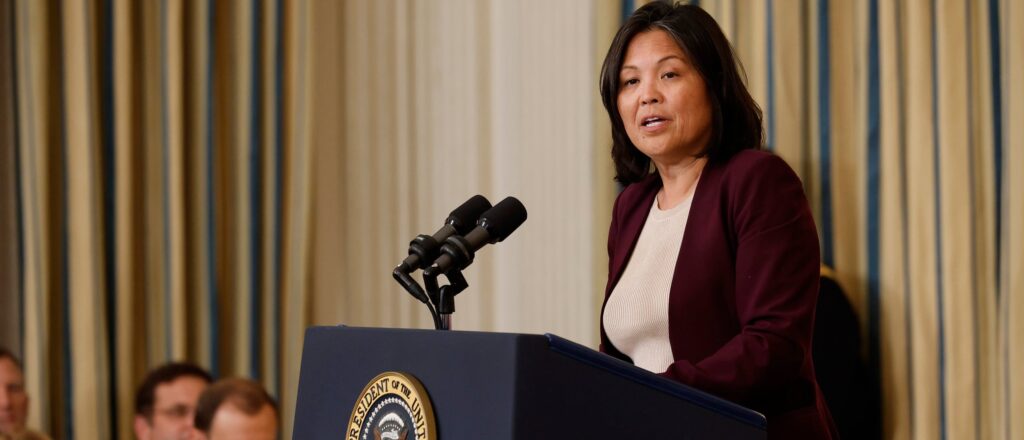The Department of Labor announced Tuesday the final version of a rule that will force companies to recognize some workers as employees instead of independent contractors.
The new rule goes into effect on March 11 and rescinds a previous rule establishing independent contractors as a separate class of workers under the Fair Labor Standards Act that was put in place in January 2021 under the Trump administration, according to the DOL release. The rule could raise labor costs by up to 30% for employers who utilize independent contractors, such as app-based services like Uber or Lyft, which offer a freelancing model, as employers would have to adhere to minimum wage and overtime laws, according to Reuters. (RELATED: Businesses Are Getting Crushed ‘Beneath The Surface’ Of Economy, New Figures Show)
“The misclassification of employees as independent contractors may deny workers minimum wage, overtime pay, and other protections,” the DOL announcement reads. “This final rule will reduce the risk that employees are misclassified as independent contractors while providing a consistent approach for businesses that engage with individuals who are in business for themselves.”
Workers who are considered “economically dependent” on their employer will no longer be classified as contractors under the rule, being considered employees instead, according to the DOL. The DOL argues that workers commonly referred to as contractors, self-employed or freelancers are often not actually in “business for themselves” and therefore should be considered employees.
The DOL first issued a proposal to remove and replace the 2021 rule on Oct. 13, 2022, arguing that independent contractors have been “denied critical benefits and labor standards protections.”
ICYMI: The overall unemployment rate in December remained at 3.7%. It has been below 4% for nearly two years — the longest stretch of unemployment this low in 54 years. 📉 https://t.co/iFGR6uizeK #JobsReport pic.twitter.com/puOyI9gtP4
— U.S. Department of Labor (@USDOL) January 8, 2024
California instituted a similar law in 2019, which was then overturned in 2020 by voters in the state through a referendum, with 58% voting in favor of removing the rule. A judge in the state later ruled that the referendum was in conflict with the state legislature’s power, which was then successfully challenged in an appeals court in March 2023.
“A century of labor protections for working people is premised on the employer-employee relationship,” Julie Su, acting Labor Secretary, said on Monday to reporters, according to Reuters. Su argued the new rule would benefit low-income workers by giving them legal protections afforded to employees, like a minimum wage and unemployment insurance.
The DOL did not immediately respond to a request to comment from the Daily Caller News Foundation.
All content created by the Daily Caller News Foundation, an independent and nonpartisan newswire service, is available without charge to any legitimate news publisher that can provide a large audience. All republished articles must include our logo, our reporter’s byline and their DCNF affiliation. For any questions about our guidelines or partnering with us, please contact licensing@dailycallernewsfoundation.org.


